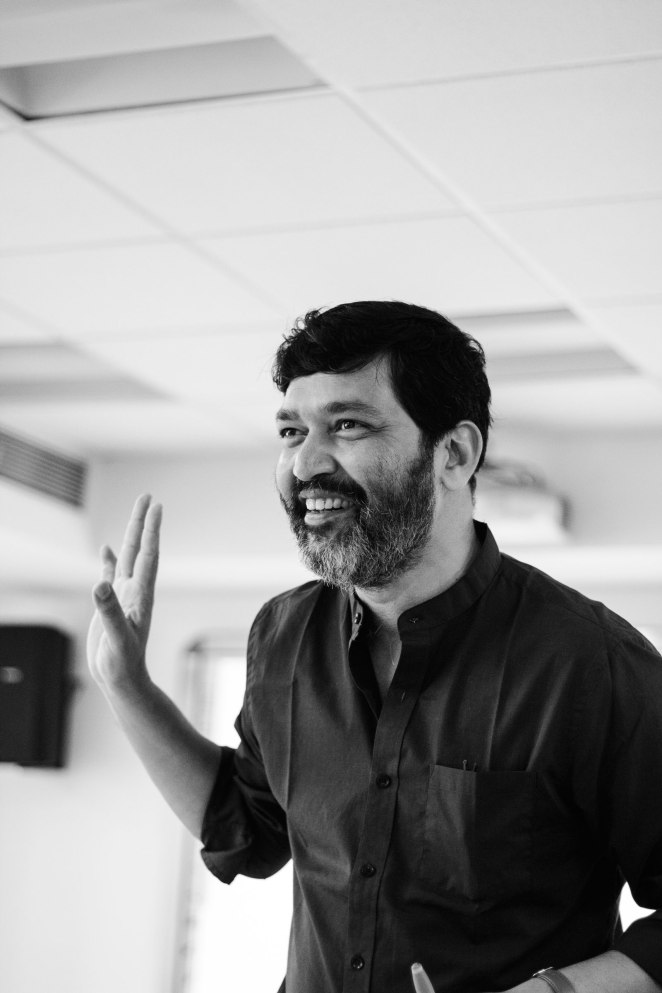
Somnath has more than 23 years of international consulting experience in strategic management, institutional reform and governance, decentralization and urban management.
Somnath has managed and led a number of institutional development and strategic advice tasks for governments in South Asia, Africa and China as well as for private sector, bilateral and multi-lateral institutions, and INGOs. His recent assignments include assistance to the formulation of India’s National Urban Sanitation Policy (NUSP), Sanitation Rating of Class I Indian Cities (2010); air and water pollution study for India Vision 2030 (World Bank/MoEF); impact assessment of World Bank’s rural water investments in India; strategy for primary waste collection in Monrovia; multi-sector monitoring and evaluation for a national public sector capacity building programme in Ethiopia; Economics of Sanitation in South Asia; Service Delivery Assessments for Water Sector; design of Bangladesh’s Urban Governance programme investments; Public Toilets for cities in developing countries, etc. His clients include multilateral (WB, ADB, UNICEF); bilateral (DFID, GIZ, AusAID, SIDA), INGOs apart from national and local governments. He has extensive field experience in more than 300 districts of 25 Indian states, various cities in India, and provinces/cities in Ethiopia, Liberia, China, Bangladesh, and Sri Lanka.
Text source: http://iihs.co.in/about/people/somnath-sen/



































